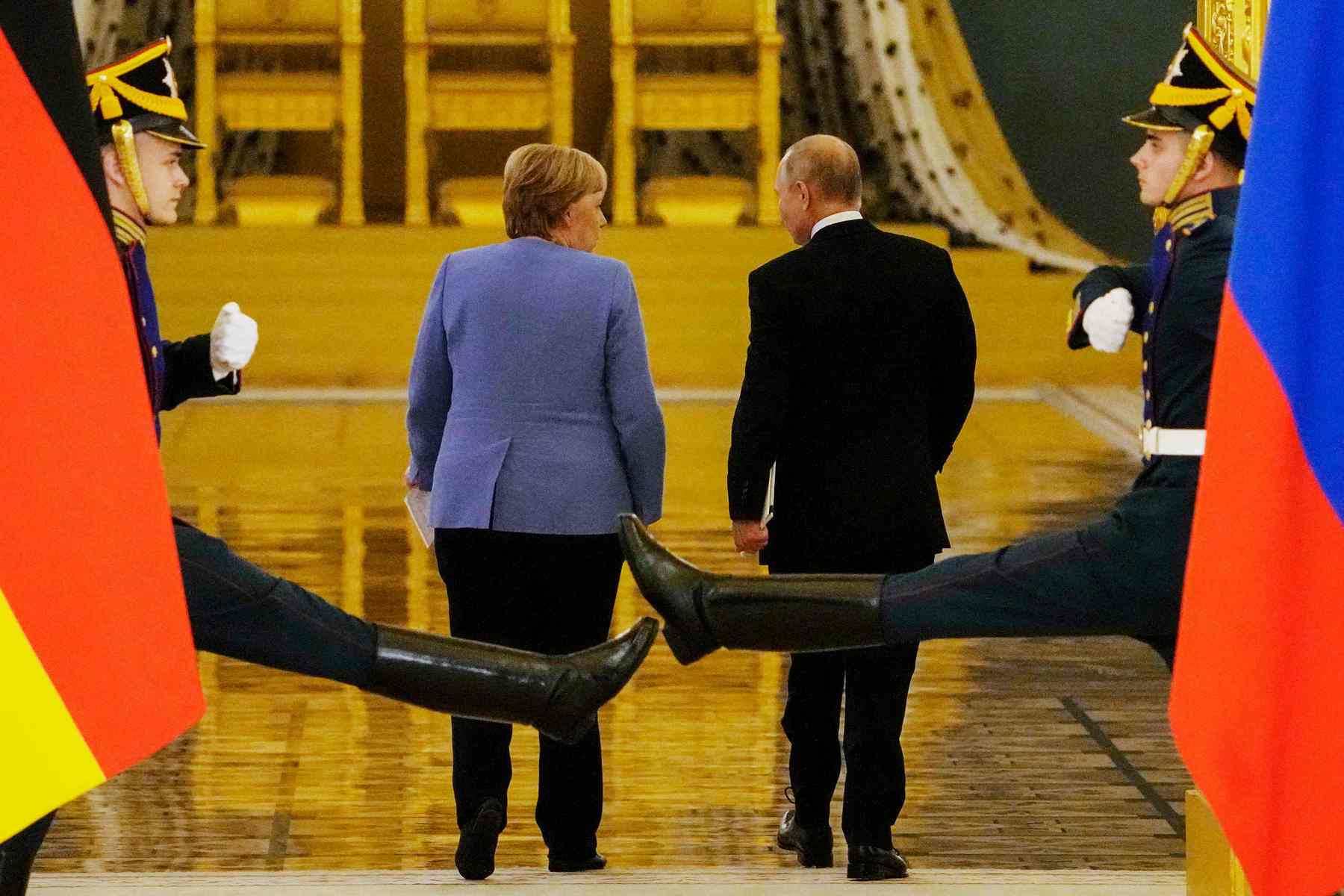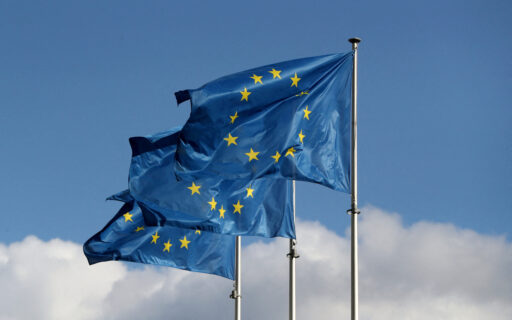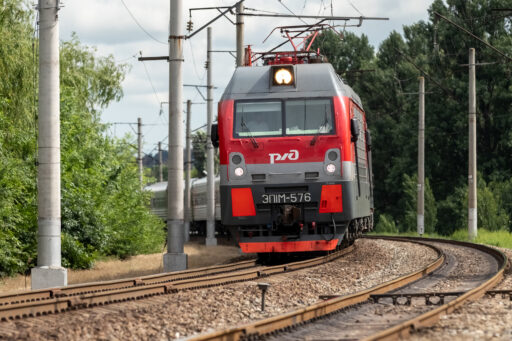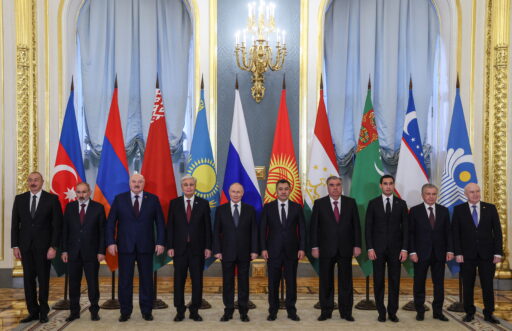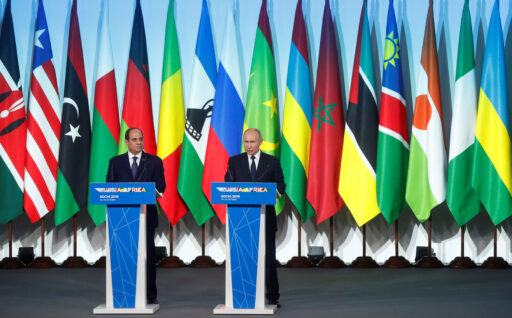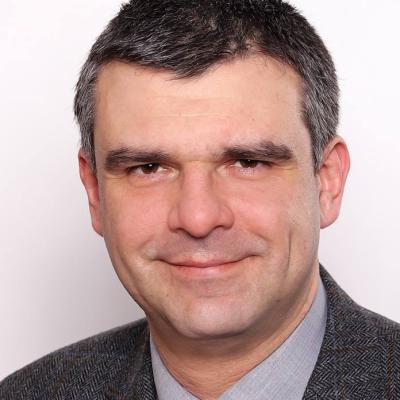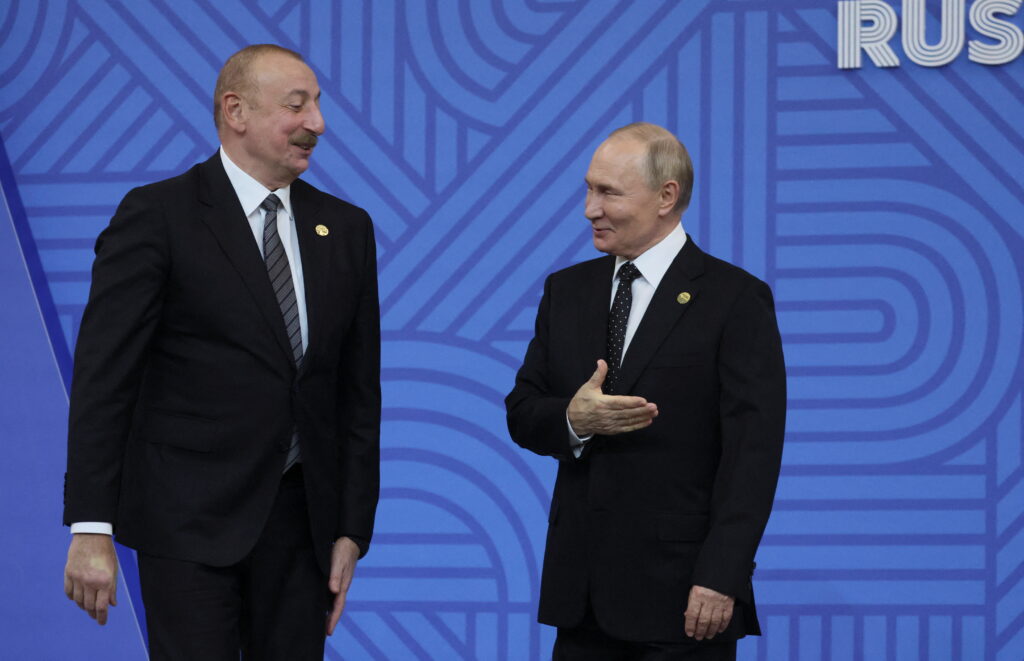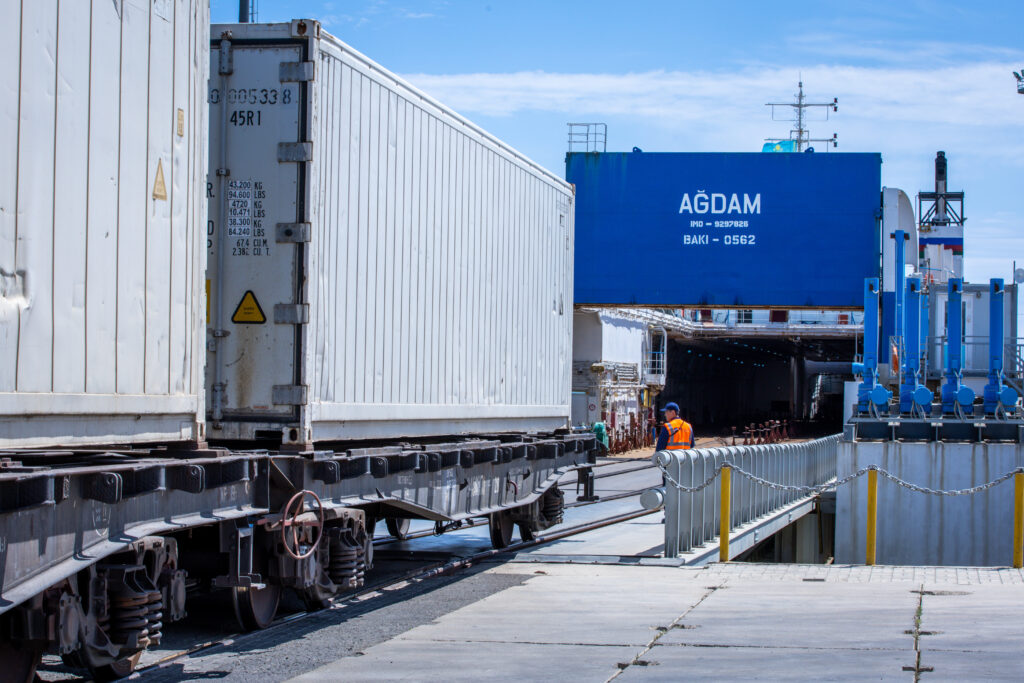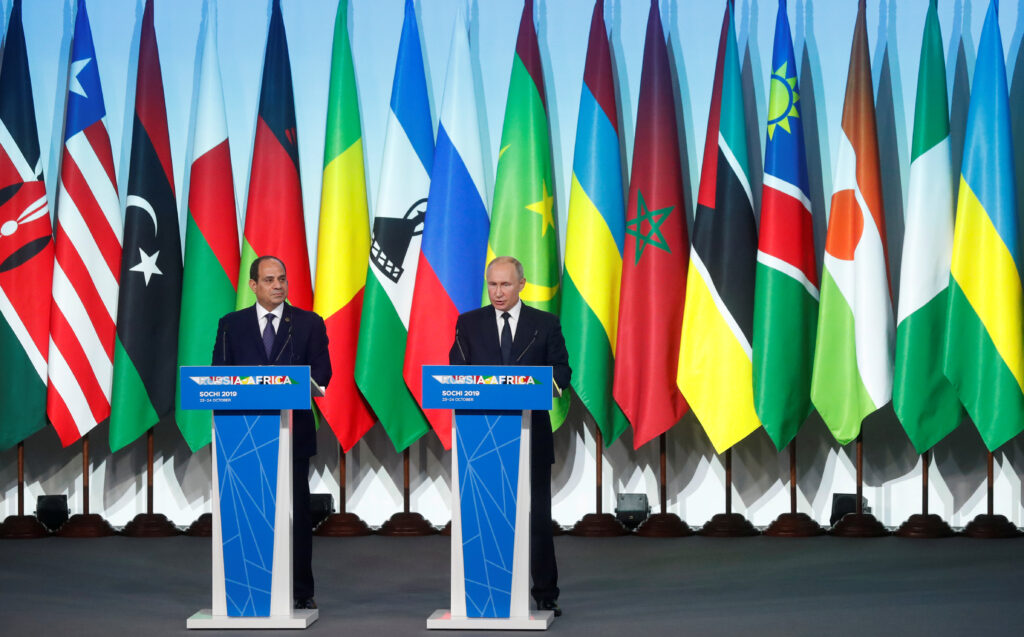2021 cannot be labelled as a momentous year for the relations between Russia and Germany. Rather, the year solidified a state of «frozen confrontation.» However, negative developments throughout the year were highlighted in the media even more strongly than in preceding years. As a rule, when asked about the contacts between the two countries, German politicians (especially those who have pro-Russian sympathies) liked to mention the humanitarian component in order to soften their categorical views somewhat. 2021 was the first year lived entirely under the global COVID‑19 pandemic, a fact which could not leave «non-political» projects without a mark. With closed borders and severe travel restrictions, interactions between non-governmental organisations and twin cities were extremely limited. Exchange programmes were reduced to Zoom meetings, and mayors of cities and towns just sent video messages to one another. The only major event among the Russian and German twin cities took place in June 2021 in Kaluga, gathering mainly officials, politicians and functionaries. Thus, politics and economics remained the only dominant factors in the German-Russian discourse. In this context, let us highlight five key events of the year.
Demands to stop cyber attacks
The servers of German government institutions and private companies have repeatedly become the target of cyber attacks from Russia. In some cases, suspicions were voiced that Russian state agencies were involved in these actions. In September 2021, Berlin issued a tough statement: «The Federal Government particularly insists and demands that the Russian government immediately stop unacceptable activity in cyberspace.» The German leaders reserved the right to resort to «extensive measures» in response. The spokeswoman for the German Foreign Ministry also said: «The Federal Government regards these actions as a threat to the security of the Federal Republic of Germany and as a weighty factor that complicates bilateral relations.» It was noted that the government had «reliable evidence» indicating the involvement of Russian government agencies and, more specifically, the military intelligence service GRU, in the cyberattacks."
On the one hand, the statement was a reaction to the actions undertaken by a group of hackers just before the Bundestag elections. On the other hand, it partly expressed Berlin’s overall concern about growing cybersecurity threats. Over the past decade, virtual attacks targeted various strategically important sites and facilities, including communication hubs of NATO countries and companies from the defence industry, in particular those that were fulfilling orders for the air force and space industries. In 2021, a number of German politicians received e‑mails that exactly replicated samples of official correspondence from major German e-mail servers. By using those messages, hackers attempted to gain access to passwords in order to «gather information about German politicians and possibly discredit them.» According to experts, the attackers managed to get hold of some of the data. The Prosecutor General’s Office has initiated an investigation.
Attacks against big business continued as well. In June 2021, the media reported on an attempt to hack into «extremely important infrastructure facilities as well as the banking system of the Federal Republic of Germany.» In November, Hirmer, the well-known Bavarian fashion house, was targeted. Russia has consistently denied any involvement of its official structures in the cyber attacks.
Pressure on civil society in Russia
In May 2021, three German non-governmental organisations (NGOs) were designated as undesirable by the Russian Prosecutor General’s Office: the German-Russian Exchange, the Centre for Liberal Modernity (close to Green Party politicians), and the Forum of Russian-speaking Europeans. This is not the first verdict against German NGOs: in 2018, the European Platform for Democratic Elections was also listed as undesirable.
However, it was in 2021 that the decision triggered a synchronised negative reaction in Germany. German Foreign Minister Heiko Maas expressed his indignation: «There is nothing in their activities that can justify and explain such a radical move. Thus, I call on Russia to reverse this move and support a free exchange between the two civil societies. Civil society representatives should be able to work without being recognised as criminal organisations.» Markus N. Beeko, Secretary General of the German Section of Amnesty International, was more blunt: «This is an attack on the international dialogue of civil society. Obviously, the Russian leaders are ready to destroy the exchange if they cannot control it.» The selection of targets for the attack came as particularly surprising to observers. Firstly, the Centre for Liberal Modernity and the Forum of Russian-speaking Europeans, which are strongly critical of the policies pursued by the Russian leaders, had been virtually inactive directly in Russia. Secondly, the German-Russian Exchange (one of the largest and oldest organisations in this field, founded in 1992) was the flagship organisation in educational travel and training seminars and was considered perhaps most «protected» from the Kremlin’s «wrath.»
The news about the initiated liquidation proceedings against Memorial International and Memorial the human rights centre in November and December 2021 triggered no less acute response in Germany. For many years, dozens of German NGOs, universities and museums fruitfully cooperated with Memorial to study the history of Stalinism. In Germany, they expressed solidarity with the letter sent by Dunja Mijatović, the Council of Europe’s Commissioner for Human Rights, to Russian Prosecutor General Igor Krasnov. The German branch of Amnesty International and Memorial Germany also expressed their condemnation. The «Osteuropa» journal organised a petition against the «attack on the beacon of historical enlightenment,» which was signed by approx. three thousand people, including a number of eminent scholars.
Angela Merkel’s final visit to Moscow
In August 2021, Angela Merkel visited Moscow for the last time as Federal Chancellor and held talks with Vladimir Putin. No breakthrough in the quality of the relations ensued. Quite expectedly, Merkel demanded the release of Alexei Navalny and asked Putin for assistance in building contacts with the Afghan Taliban. The influential Süddeutsche Zeitung, although titled its article as «More than a farewell meeting,» listed the topics discussed by the two politicians in a telegraphic style: Afghanistan, Navalny, eastern Ukraine, Nord Stream 2, Belarus. The newspaper’s columnists wrote: «Of course, certainly not all the problems have been solved. Angela Merkel has spent so much time talking to Putin not only because he was already in the Kremlin when she became Federal Chancellor. In recent years, the Russian president figured out how to make himself an unavoidable interlocutor in resolving various regional conflicts: in Libya, Syria and currently in Afghanistan.» Deutsche Welle was more categorical: «The mantra about ‘continuing the dialogue with Russia’ no longer leads us anywhere. Germany needs a new concept of relations with the autocrat Putin.» The main news programme on ARD, Germany’s first TV channel, described the meeting as follows: «Their relations have never been good. Now, they are in a state of continued estrangement.» Further on, summing up twenty meetings between the two leaders in 15 years, it stated: «Has Merkel talked to Putin a lot? But what has she achieved in practice? At least it is clear that there won’t be such a Russian-German duo any more. Both politicians speak the languages of their interlocutor. Both have the experience of living in the late GDR, where Putin served as a KGB officer at the time.» Despite these points of convergence, the relations between the two politicians have always been tense. During her first official visit to Moscow as head of Germany’s government in January 2006, Merkel abandoned the «friendship» formula in the relations between the two countries that had prevailed under Gerhard Schroeder. Merkel replaced «friendship» with «strategic partnership.»
Nord Stream 2
Even before its construction began, Nord Stream 2 (NS2), formally a commercial project undertaken by private companies, had become a stumbling block in relations between Germany, the USA, Russia and the countries of Central and Eastern Europe. While Washington politicians as different as Barack Obama and Donald Trump were united in their opposition to the pipeline, most political actors in Berlin supported the project. In 2020, Merkel once again openly defended the pipeline, and a year later she noted that «Russia has not yet used NS2 as an instrument of pressure.» Olaf Scholz (SPD) and Armin Laschet (CDU), as candidates running for the post of German chancellor, considered stopping NS2 only in case of gas supply problems and threats to security of Ukraine. The only exception among the candidates was Annalena Baerbock, the leader from the Green Party: «The NS2 only benefits the Putin’s system. Germany urgently needs a clear foreign policy line towards the regime in Russia. What kind of foreign policy is this where, on the one hand, it calls for tougher sanctions and, on the other, buries them by sticking to this pipeline? NS2 is contrary to European environmental objectives as well as EU’s geostrategic interests and energy plans.»
German diplomacy went to great lengths to get the new American administration to reconsider its attitude towards the NS2. The first priority for Berlin was for Washington to waive sanctions against key German companies involved in the project. In July 2021, both parties reached an agreement that Der Spiegel magazine called «a foreign policy victory for the Chancellor»: the United States would waive sanctions while Germany would commit to mitigate the consequences of putting the pipeline into operation for Ukraine and prevent Russia from using the project as a «weapon» against its neighbour. Despite the «divergent opinions» on NS2 with Berlin, which Biden has repeatedly highlighted, and the new Republican bill that still calls for sanctions in 2022, the agreement between the two countries was taken as a symbol of the removal of the last major hurdle to the project. In September 2021, NS2 was fully completed.
However, even though the last pipe was laid, this does not mean the pipeline will kick off immediately. The lawsuit initiated by German environmental group was dismissed by the court in Greifswald, but as regards the compliance with European law, the Higher Regional Court in Düsseldorf ruled against the project. The pipeline, part of which runs through German territory, can only be operated in accordance with EU regulations. In mid-November 2021, the Federal Network Agency suspended the certification process for the pipeline, invoking European law.
The suspended launch of the pipeline triggered mixed reactions in Germany. Annalena Baerbock, already in her position as foreign minister, stated that the project could not be allowed to proceed in its present form. During his visit to Poland, The new Chancellor Olaf Scholz expressed the view that the pipeline was, on the contrary, a tool to deter Russia from taking aggressive actions against Ukraine. The leaders of the German regulator stated that the application for an operating permit would not be processed before the second half of 2022.
Parliamentary elections and change of government in Germany
At the end of September 2021, Germany held another Bundestag election, which (unexpectedly for many) was won by the SPD. Merkel no longer ran as a candidate and the CDU achieved the historically worst result in a federal parliamentary election. Following coalition negotiations in Germany, a new government was formed, consisting of the SPD, the Greens and the Free Democrats. The ministers were sworn in at the beginning of December. Social Democrat Olaf Scholz became the ninth Federal Chancellor of the Federal Republic of Germany while Annalena Baerbock took over as Foreign Minister. Among the German establishment, the co-chair of the Greens is perhaps one of the most consistent critics of authoritarianism and human rights violations. She has been open about her antipathy towards the current Kremlin administration. After the poisoning of Navalny she declared that «Germany must no longer support this corrupt regime» and demanded «more toughness» from then foreign minister Heiko Maas. While representatives of the ruling coalition spoke cautiously about the possible involvement of Russian authorities in the assassination attempt and demanded information from Moscow, Baerbock refused to be diplomatic: «This is an assassination attempt orchestrated by the Kremlin. This is why it was right for Angela Merkel to use harsh words. But words alone are not enough. Now we need action. This already looks like a series of contract murders and assassination attempts in Russia. We, as Europeans, cannot just mind our own business and pretend nothing is going on. A clear response from the federal government would be to immediately stop the NS2 project.» Just one day after assuming her duties as German Foreign Minister, Baerbock said: «Russia will pay a high political and, above all, economic price for violating Ukrainian statehood again.»
The German media are talking about a new round of controversy over NS2 as «the first duel between Baerbock and Scholz» and generally assume that the conflicts between the two politicians can be considered as «pre-programmed.» However, it would be a simplification to speak only of contradictions within the coalition. First of all, the problem lies in the deeply running differences between the approaches towards, and understanding of, the present and future German-Russian relations. What takes priority: values or pragmatism of interests? Rolf Mützenich, chairman of the SPD parliamentary group in the Bundestag and an experienced international affairs expert, has called for a de-escalation on both sides in order to «break the spiral of threats and counter-threats» with regard to the conflict between Ukraine and Russia. Norbert Röttgen, an equally experienced foreign policy expert and Chairman of the Foreign Affairs Committee of the former Bundestag and candidate for the CDU chairmanship, called such words «a misleading signal» on his Facebook page, pointed to the concentration of Russian troops near the Ukrainian border and noted: «there is only one aggressor.» Social Democrat Gernot Erler, the former government commissioner for relations with Russia, insists on dialogue with Moscow. He has suggested that NATO should abandon the idea of enlargement, convene a representative conference under the auspices of the OSCE and reactivate the NATO-Russia Council. By contrast, Manuel Sarrazin, until recently the spokesman of the Greens’ parliamentary faction for Eastern Europe, believes that «reconciliation with Russia cannot be achieved through reconciliation with the Kremlin alone.» In his view, dialogue needs to be conducted «first and foremost with Russian civil society.»
Secondly, the views on Berlin’s «Russian vector» vary within the SPD. The words uttered by Mützenich and Erler, as quoted above, certainly do not reflect the entire spectrum of opinions within the new main ruling party. Immediately following his re-election as the spokesperson on foreign affairs for the SPD parliamentary group, Nils Schmid expressed support for the EU policy line and stressed: «All options are being considered. This should be clear to Putin.» His fellow party member Michael Roth, the new chair of the Bundestag Foreign Affairs Committee, spoke in favour of new sanctions against Moscow if «Russian troops cross the Ukrainian border.»
Undoubtedly, the current German Foreign Ministry, headed by Baerbock, will oppose the Kremlin more harshly. The question is to what extent the rhetoric will translate into specific actions. The balance of the three institutions influencing German foreign policy (the Parliament, the Foreign Affairs Ministry and the Federal Chancellor) is unlikely to allow Baerbock to make a fundamental change to the policy towards Russia. In addition to the Foreign Policy Committee, the Defence Committee also exerts influence on the German foreign policy vector. The Committee has been chaired by Marie-Agnes Strack-Zimmermann of the FDP, who was proposed to become Minister of Defence, but the Liberals did not get the ministry. Strack-Zimmermann, on the one hand, has criticised Moscow for deploying a large contingent on the border with Ukraine, but, on the other hand, has stressed the importance of good relations with Russia, also in connection with developments in Afghanistan. In her first interview as chair of the Committee, she commented on the phone conversation between Biden and Putin: «This is good news. We need less of a military component and more of diplomacy and dialogue.» The politician supports Ukraine, but does not consider it possible for this country to join NATO.
The office of the Federal Chancellor is to be expected to become more active also in the field of foreign policy. Scholz has only had minimal exposure to foreign policy in his career, particularly with regard to Eastern Europe. In an attempt to enhance this policy line, the new chancellor has invited Jan Plettner, who has been foreign and security policy director at the German Foreign Ministry since 2019, to join his office as chief adviser for foreign and security policy. Incidentally, Plettner’s appointment to a key post in the ministry, effectively as the minister’s right-hand man, has been largely commented as a token of the reversal of Germany’s Eastern policy not in favour of Russia. In 2014, Plettner served as head of President Steinmeier’s office and was directly involved in shaping Germany’s position during the events in Kiev and later in eastern Ukraine. Plettner is known for his pragmatism and predilection for cautious diplomacy. He will become one of Baerbock’s «deterrent factors,» especially with regard to relations with Russia and China. Given a certain «personnel shortage» among the Foreign Ministry’s top leaders in the «Russian direction» (none of the appointed ministers of state and secretaries of state had ever dealt with Russia, and the position of political director is still vacant), this political-and-administrative construct may well achieve the desired result. However, such a strategy will only be pursued if the status quo is preserved. If any conflict involving Moscow escalates into an active phase, for instance if large-scale hostilities in eastern Ukraine are resumed, such «containment» will become totally senseless.
